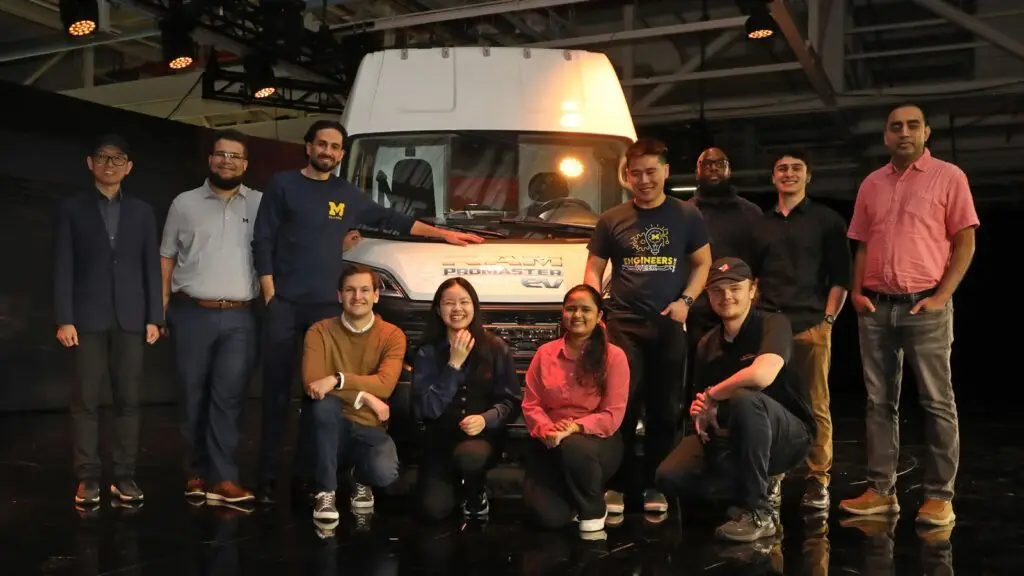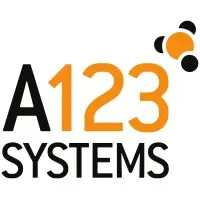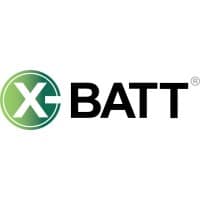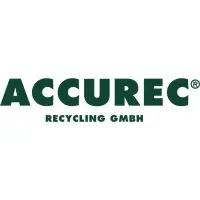The U.S. Department of Energy (DOE) has introduced the Battery Workforce Challenge Program, an initiative aimed at enhancing the nation’s workforce in battery technology and electric vehicles (EVs). Managed by DOE’s Argonne National Laboratory, the program plans to establish regional workforce training hubs across the country to address skill gaps and provide opportunities for worker reskilling and upskilling.
The first training hub will be piloted in Michigan, led by Argonne’s Sustainable Transportation Education & Partnerships (STEP) department. This initiative is a collaboration with the Michigan Economic Development Corporation (MEDC), Society of Manufacturing Engineers SME PRIME, University of Michigan-Dearborn, and Henry Ford College. The Michigan Battery Workforce Pilot seeks to strengthen workforce pathways in the battery industry and bolster Michigan’s role in STEM talent development.
Investments totaling over $23.6 million from DOE and industry sponsors such as Stellantis and Samsung SDI America aim to train up to 14,000 workers. This effort is intended to create a robust pipeline of skilled professionals essential for advancing U.S. leadership in battery technology and clean energy.
“The Battery Workforce Challenge Program fosters an ecosystem of universities, community colleges, vocational and secondary schools, along with government, industry, labor, and non-profit partners,” said Kristen Wahl, director of STEP at Argonne National Laboratory. “These collective efforts will build and train a diverse domestic workforce, promoting job creation for battery and EV technicians, electricians, skilled workers, and engineers.”
Earlier this year, Argonne signed a memorandum of understanding with the MEDC to develop sustainable solutions for decarbonized transportation and industrial processes while promoting workforce development in Michigan. As part of the Michigan Pilot, DOE will provide $200,000 to establish a state-of-the-art Battery/EV Technical Center at Henry Ford College. Additionally, MEDC will award $200,000 to the University of Michigan-Dearborn to develop an undergraduate curriculum focused on battery design, assembly, testing, and modeling.
Source: Argonne National Laboratory News
















